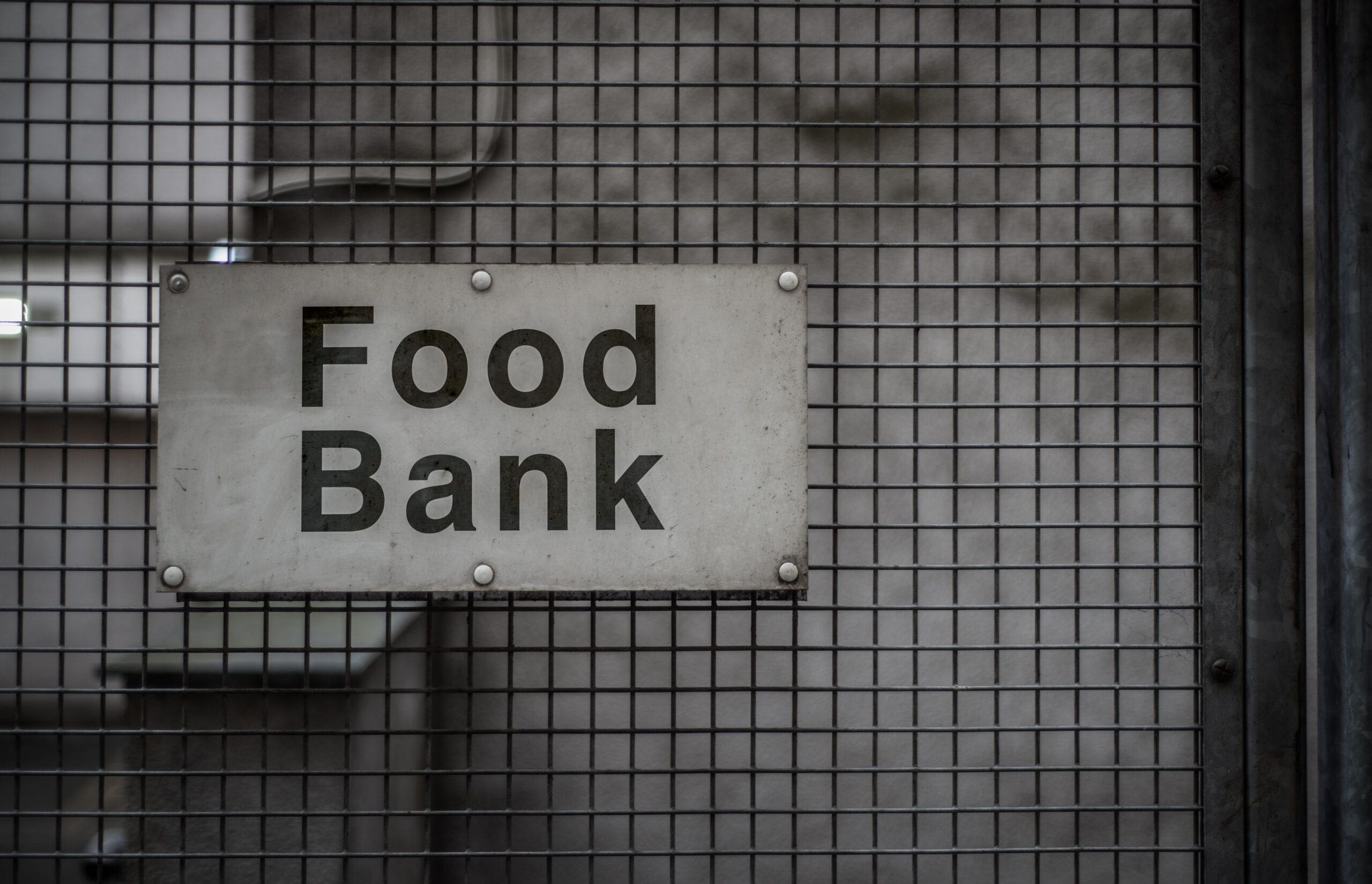By: Tom Yun
Original article can be seen here.
Food banks say they are being stretched thin as more Canadians seek out their services amid skyrocketing prices at grocery stores.
In June 2022, the Daily Bread Food Bank reported it saw 171,631 visits. That’s nearly triple the number compared to June 2019, which saw approximately 65,000 visits.
“The stories that we’re hearing — the common theme is people’s income doesn’t match what their expenses are. And so, I’m seeing more and more working families who they have a job, or maybe they’re putting together two part-time jobs, and are unable to make ends meet,” Daily Bread Food Bank CEO Neil Hetherington told CTV’s Your Morning on Thursday.
Hetherington says food banks in Canada are being hit “on two sides.” In addition to having to deal with the increasing demand for their services, food banks themselves also have to contend with the increasing cost of food, putting a strain on their operations.
“We are at a crisis stage and as more people come to food banks across the country, it is more expensive for us to be able to feed that need,” he said.
A survey from Food Banks Canada released last month found that one in five Canadians reported going hungry at least once between March 2020 and March 2022, while nearly a quarter reported eating less than they should because they didn’t have enough money for food.
Last week, Statistics Canada reported that the annual inflation rate for June was 8.1 per cent with food costs being 8.8 per cent more expensive compared to the same time last year.
For those looking to donate, Hetherington says the Daily Bread Food Bank is in need of foods that are high in protein, as well as “things that you would enjoy eating at your dinner table.”
“Those are the types of things you can donate at any grocery store or fire hall, but funds allow us to buy more food and fresh food,” he said.
Hetherington said he also wants to see lawmakers tackle the structural issues contributing to increasing hunger, including building more affordable housing, strengthening disability income supports and increasing the minimum wage.
“We’re really hopeful that people will donate food or funds, but not everybody can do that right now,” Hetherington said. “And if that’s the case, then we’re just hoping you can pick up the phone or send an email to your elected official and say, ‘We need help. We need to do something about this.'”





















